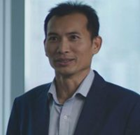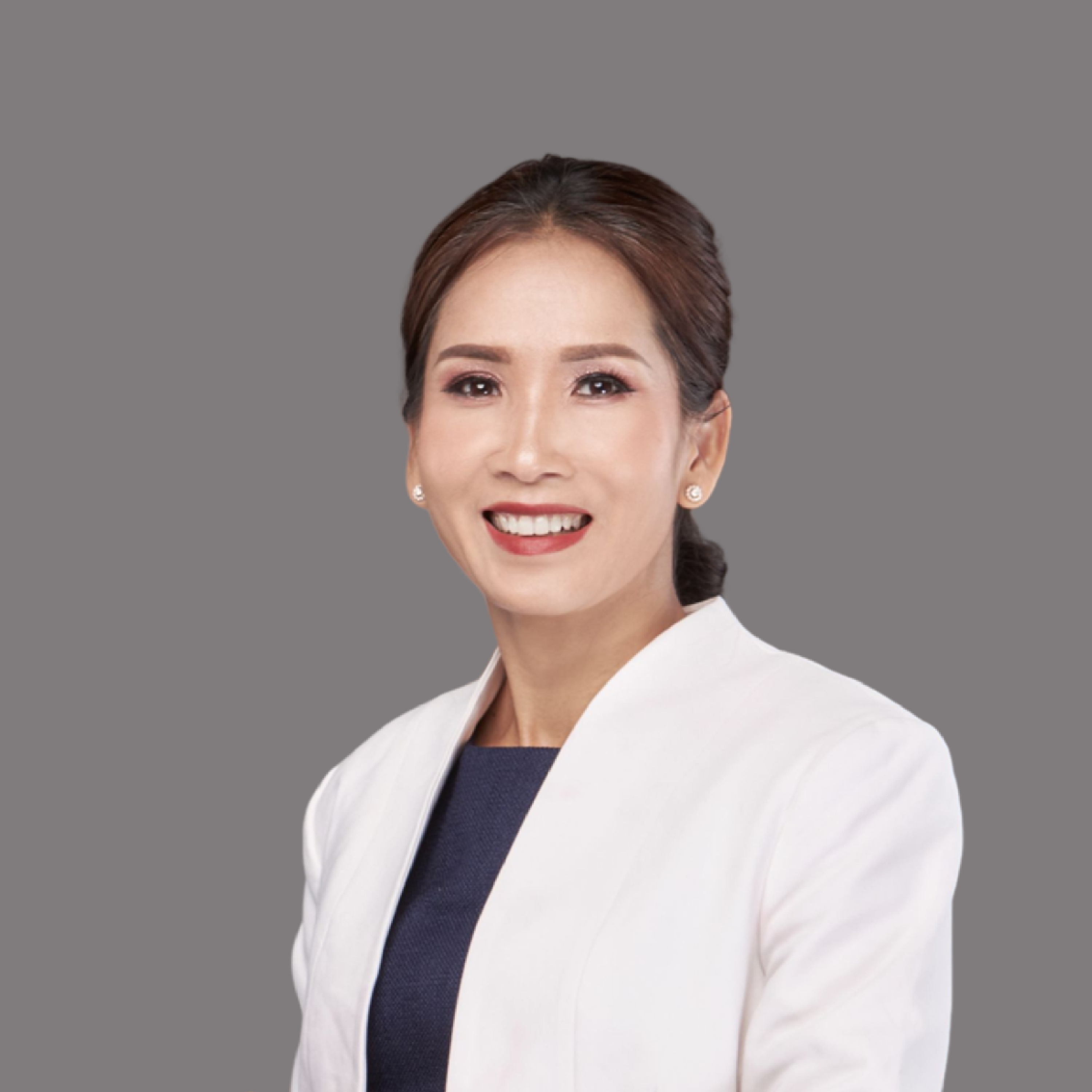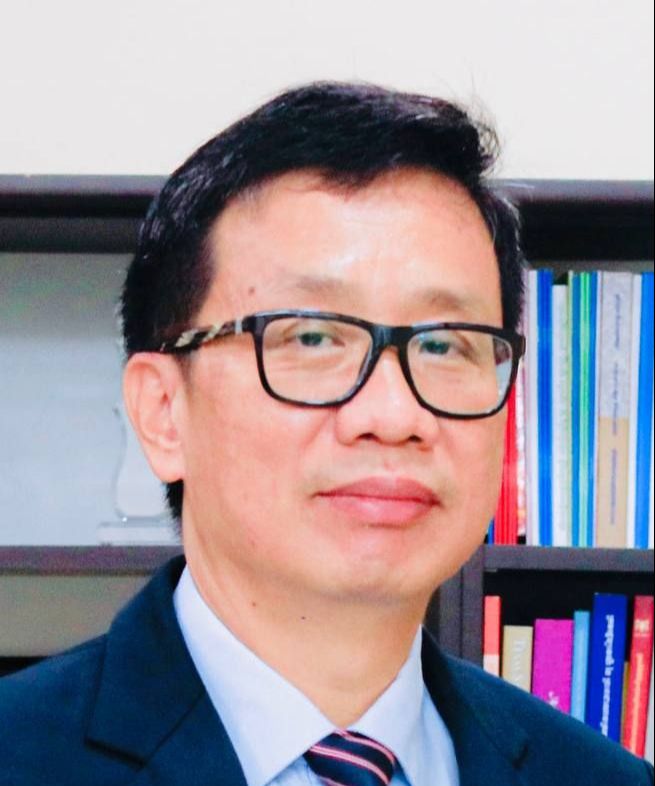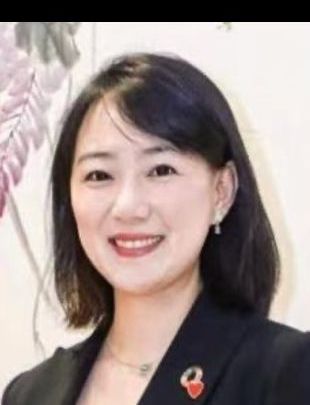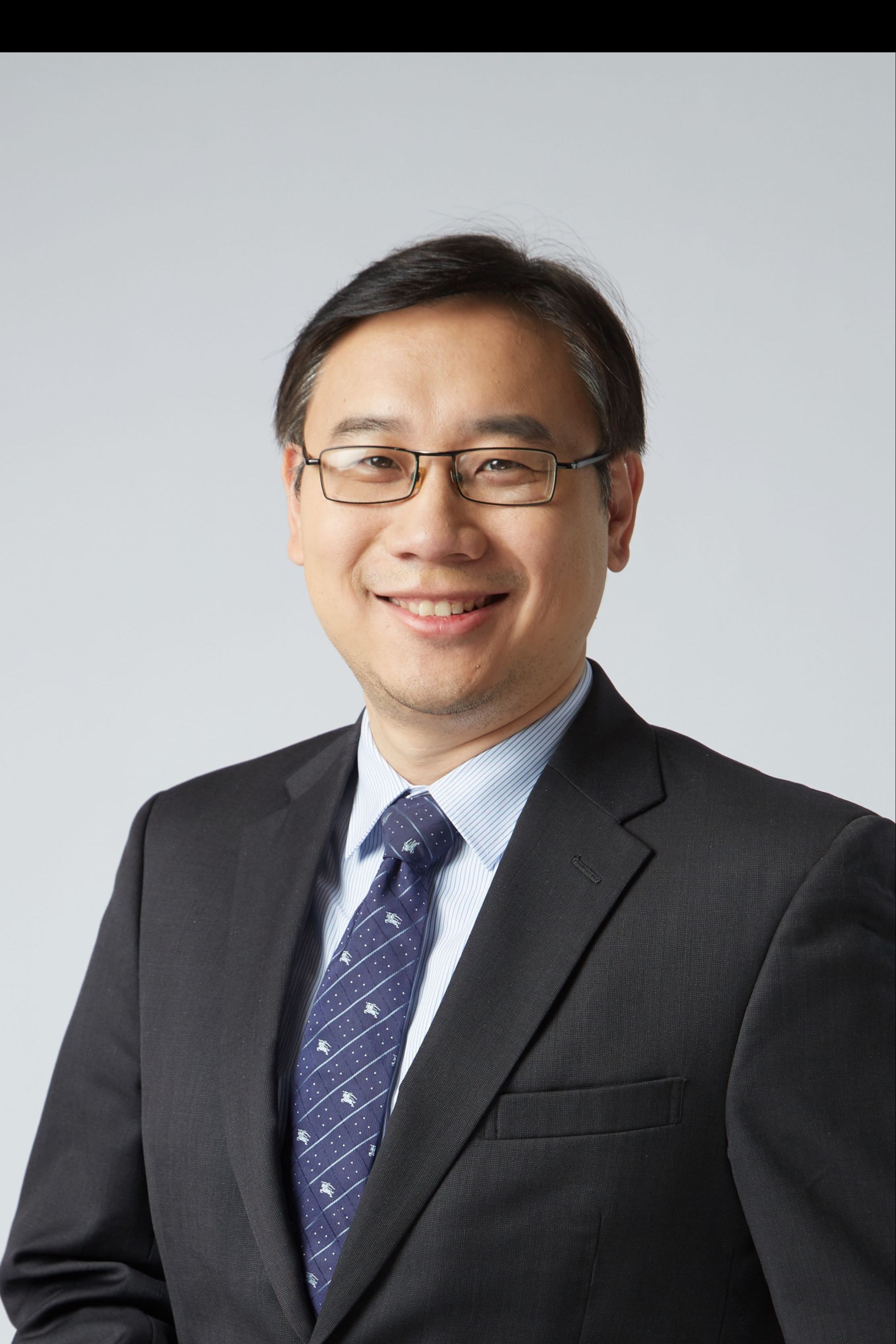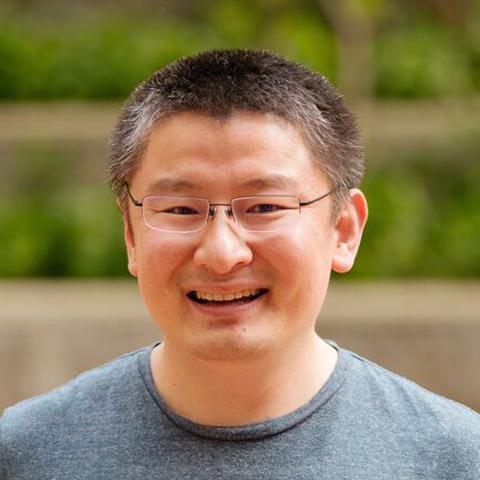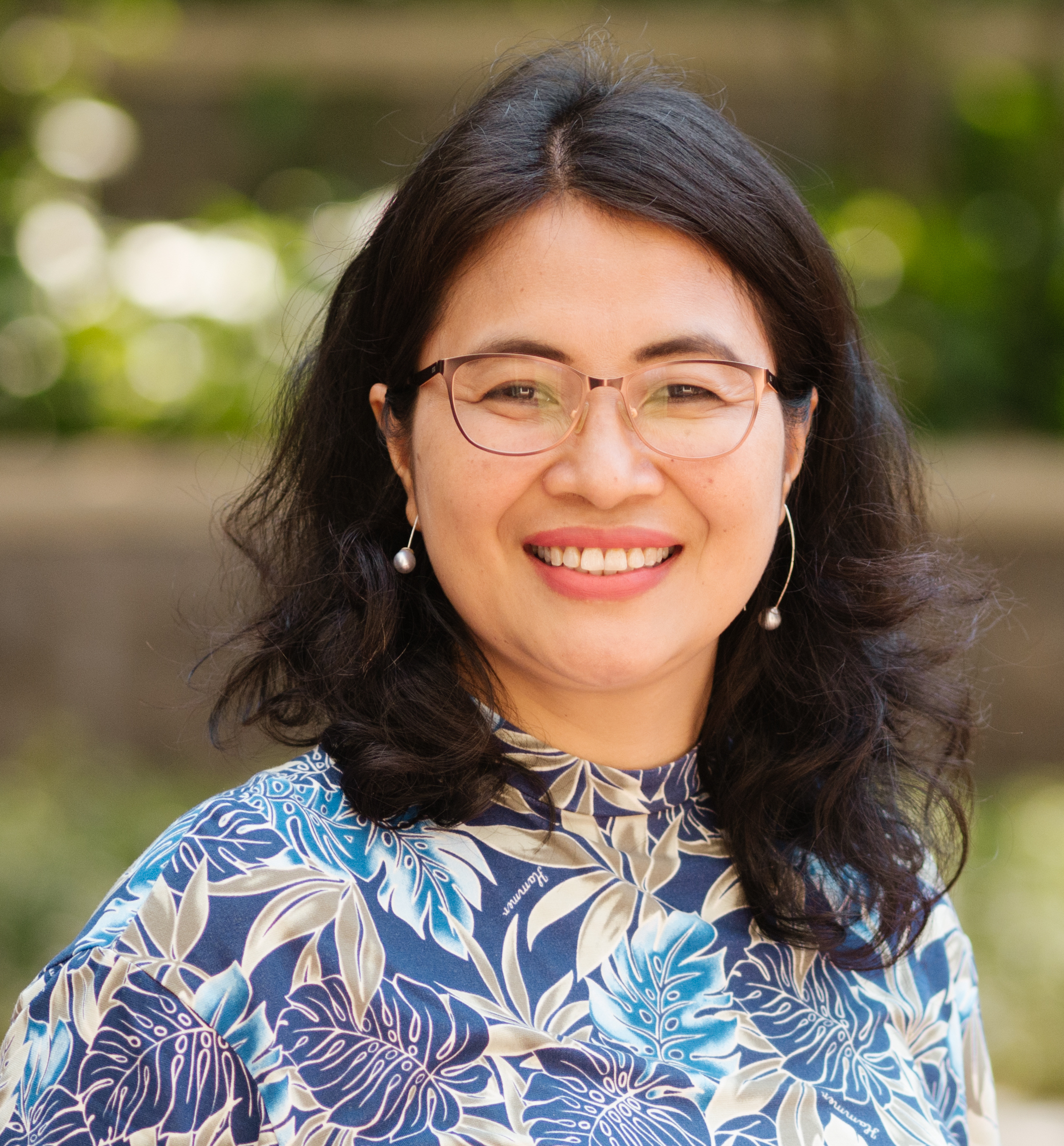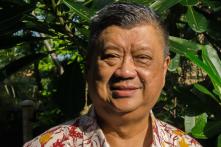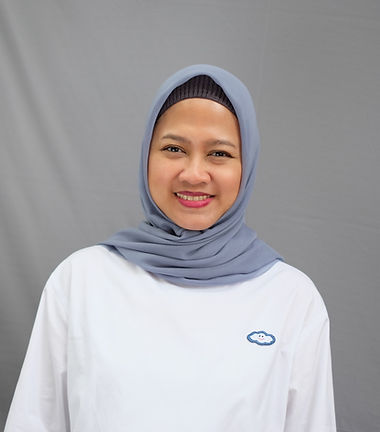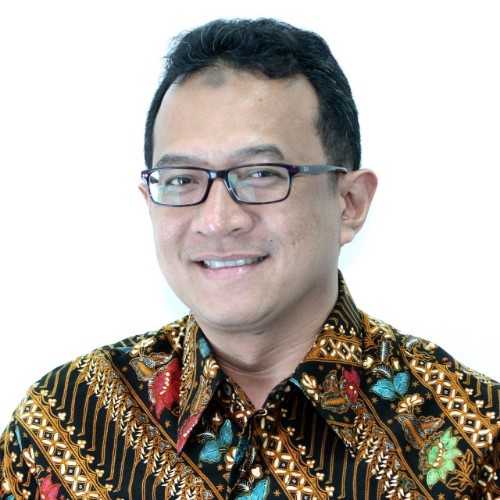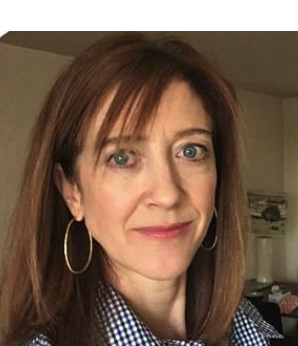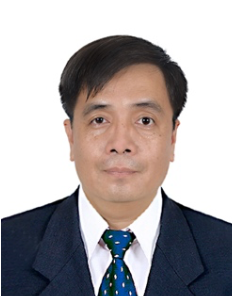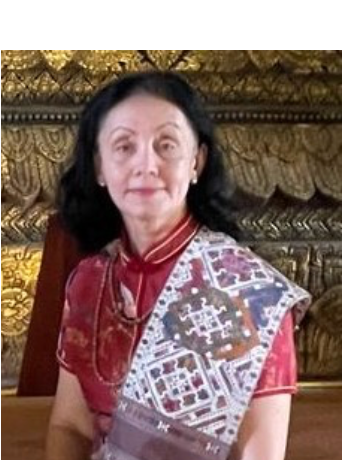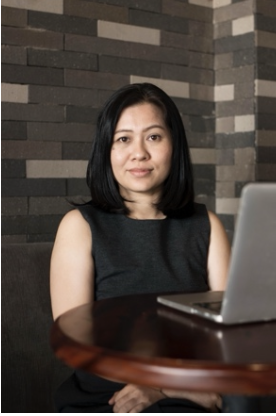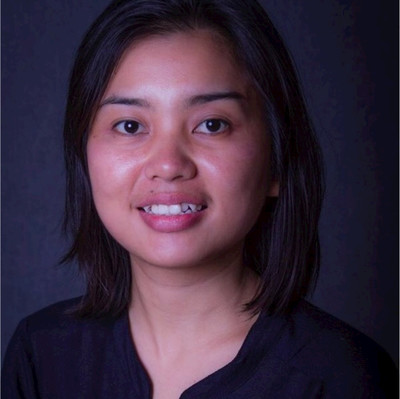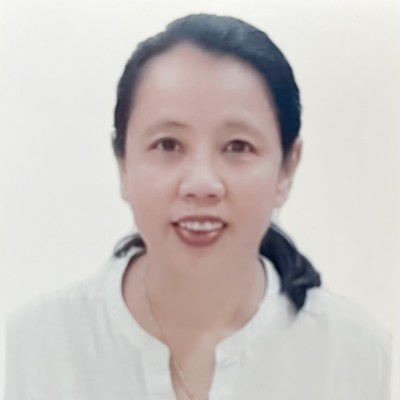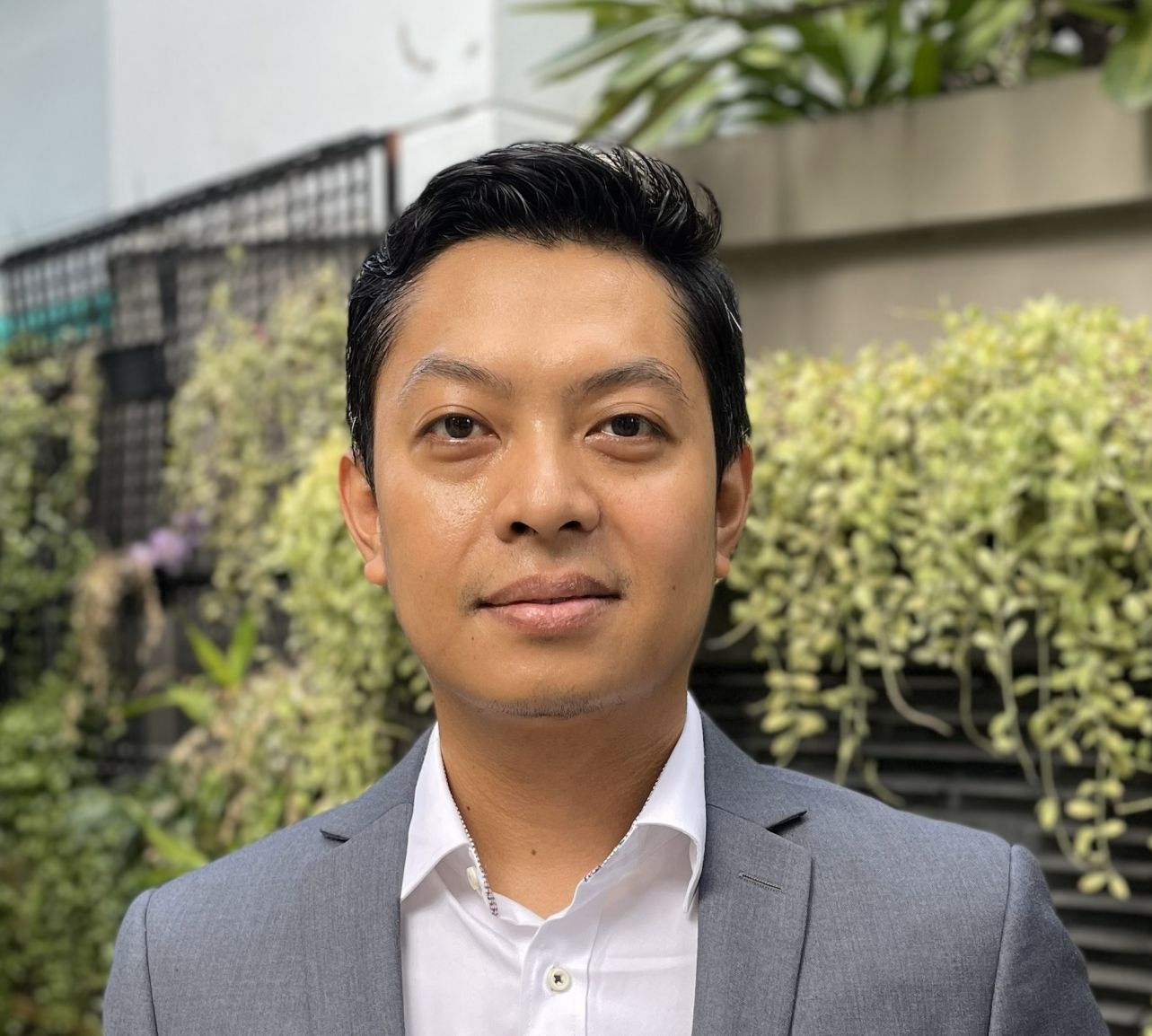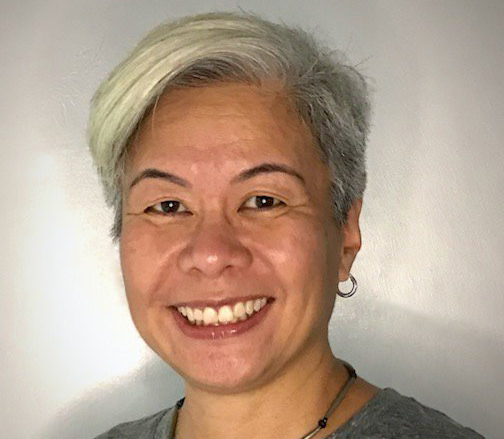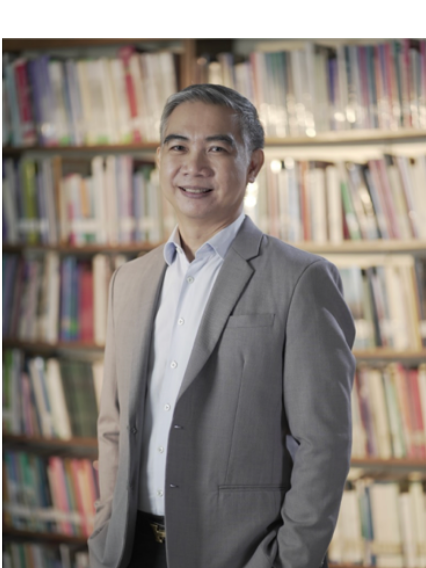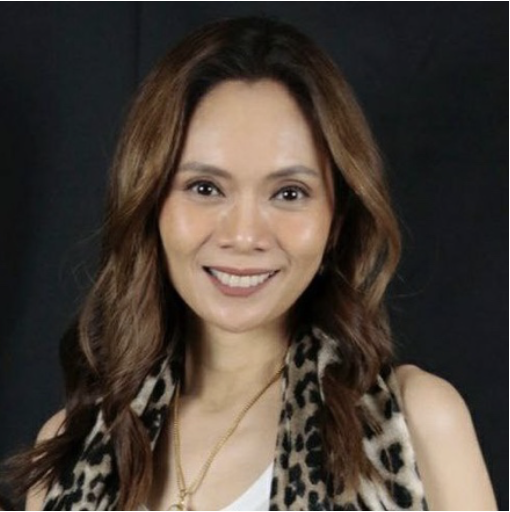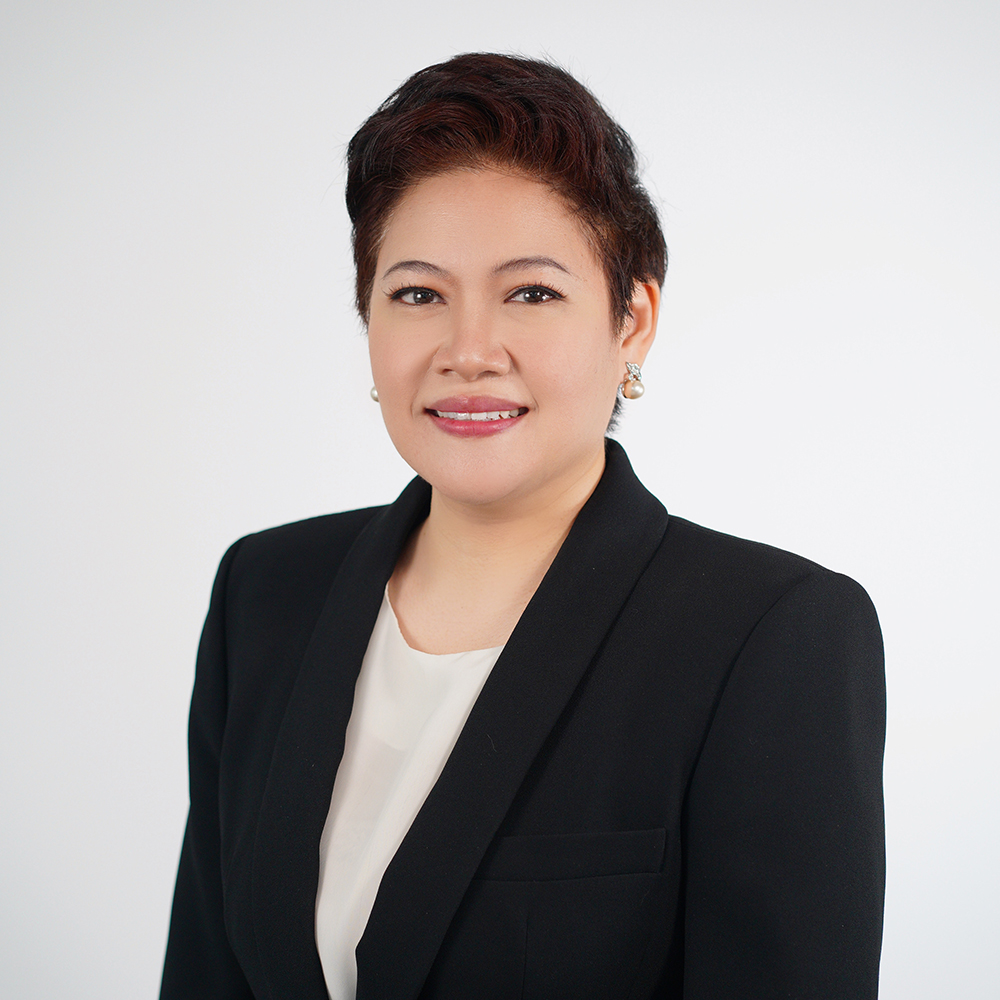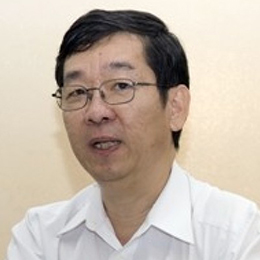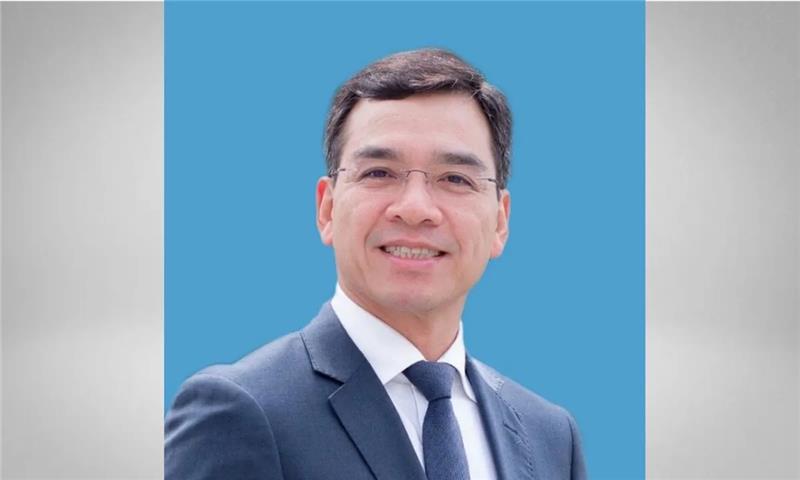Equity Community

Completion of the first year is only the beginning of our Fellows' life-long journey. Upon finishing the Induction Year, Fellows become part of the Equity Community.
The Equity Community is comprised of Fellows, peers, and national and regional networks of health practitioners striving to influence meaningful systems change for health equity. Together, we believe that a community of diverse Fellows and partners, with strong shared values for social justice and equity, can achieve a greater impact than any individual or solitary group. Fellows are also part of the global Atlantic Fellows community to advance fairer, healthier, and more inclusive societies.
Shared values
Health equity is not a single event or an occasional issue. Rather, it is an interactive process that depends upon sustained engagement.
Nurturing of Fellows
Health equity is not a single event or an occasional issue. Rather, it is an interactive process that depends upon sustained engagement.
Sustained Engagement
Health equity is not a single event or an occasional issue. Rather, it is an interactive process that depends upon sustained engagement.
Local Ownership
Health equity is not a single event or an occasional issue. Rather, it is an interactive process that depends upon sustained engagement.Health equity is not a single event or an occasional issue. Rather, it is an interactive process that depends upon sustained engagement.Health equity is not a single event or an occasional issue. Rather, it is an interactive process that depends upon sustained engagement.
Fellows Engagement Activities
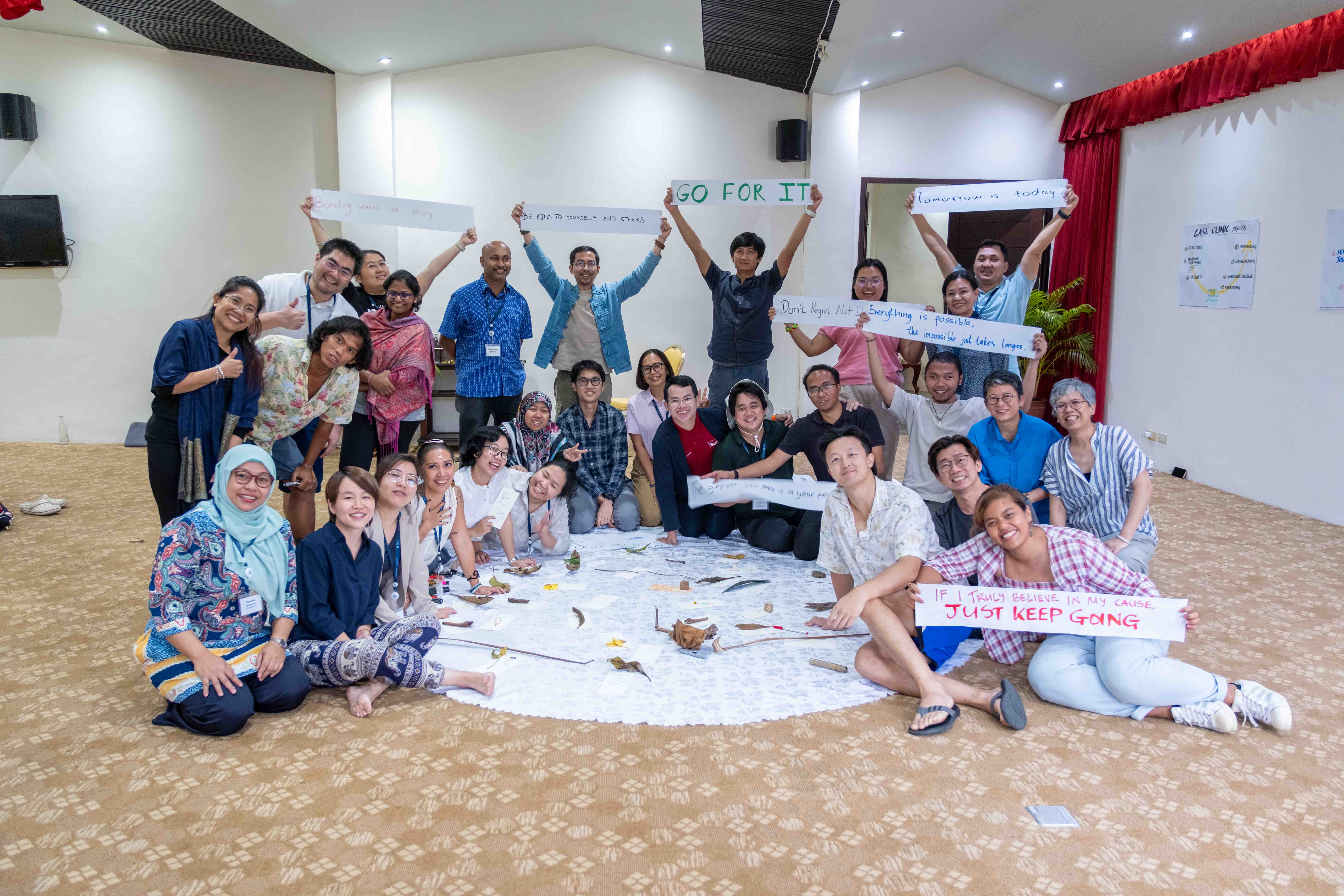
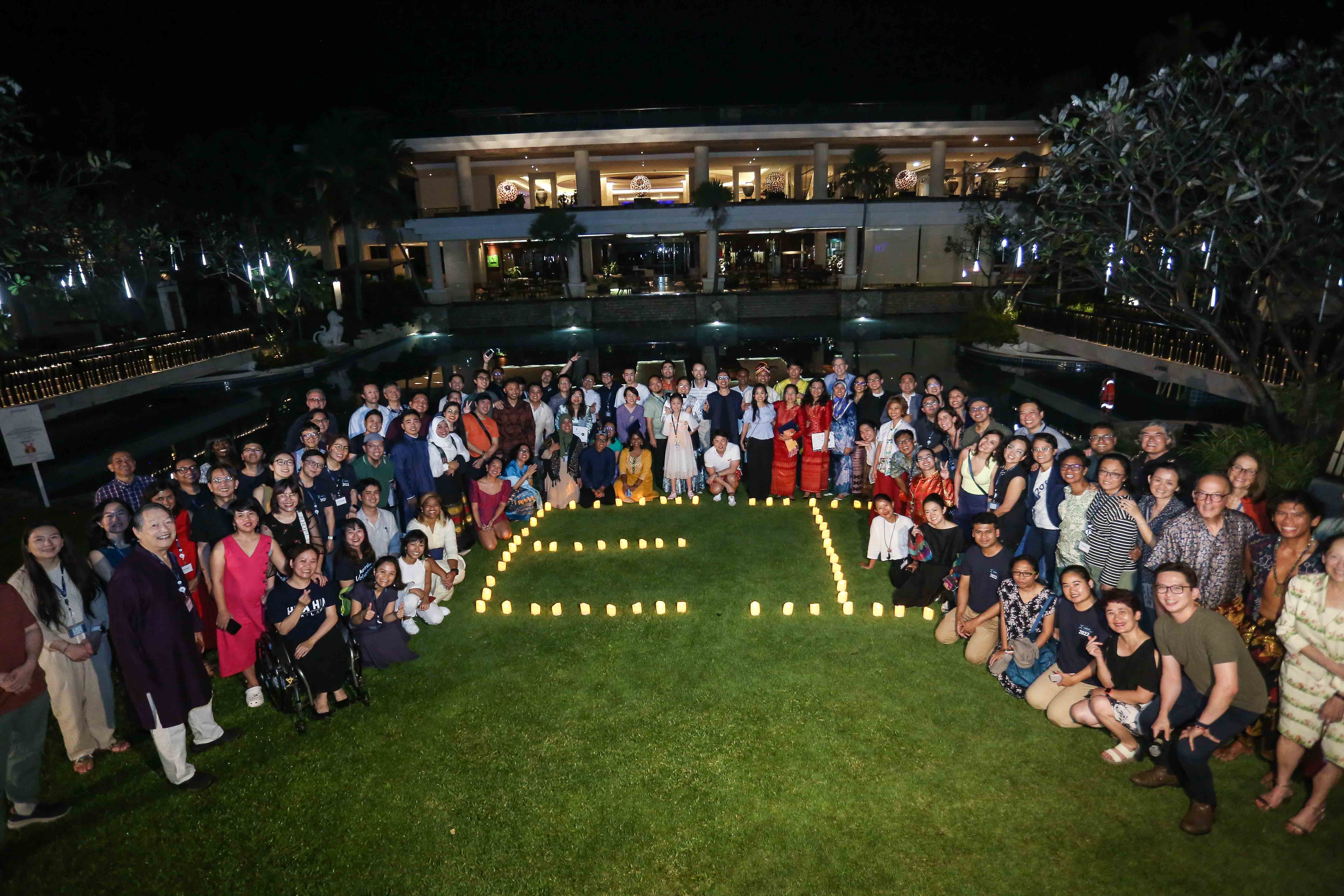
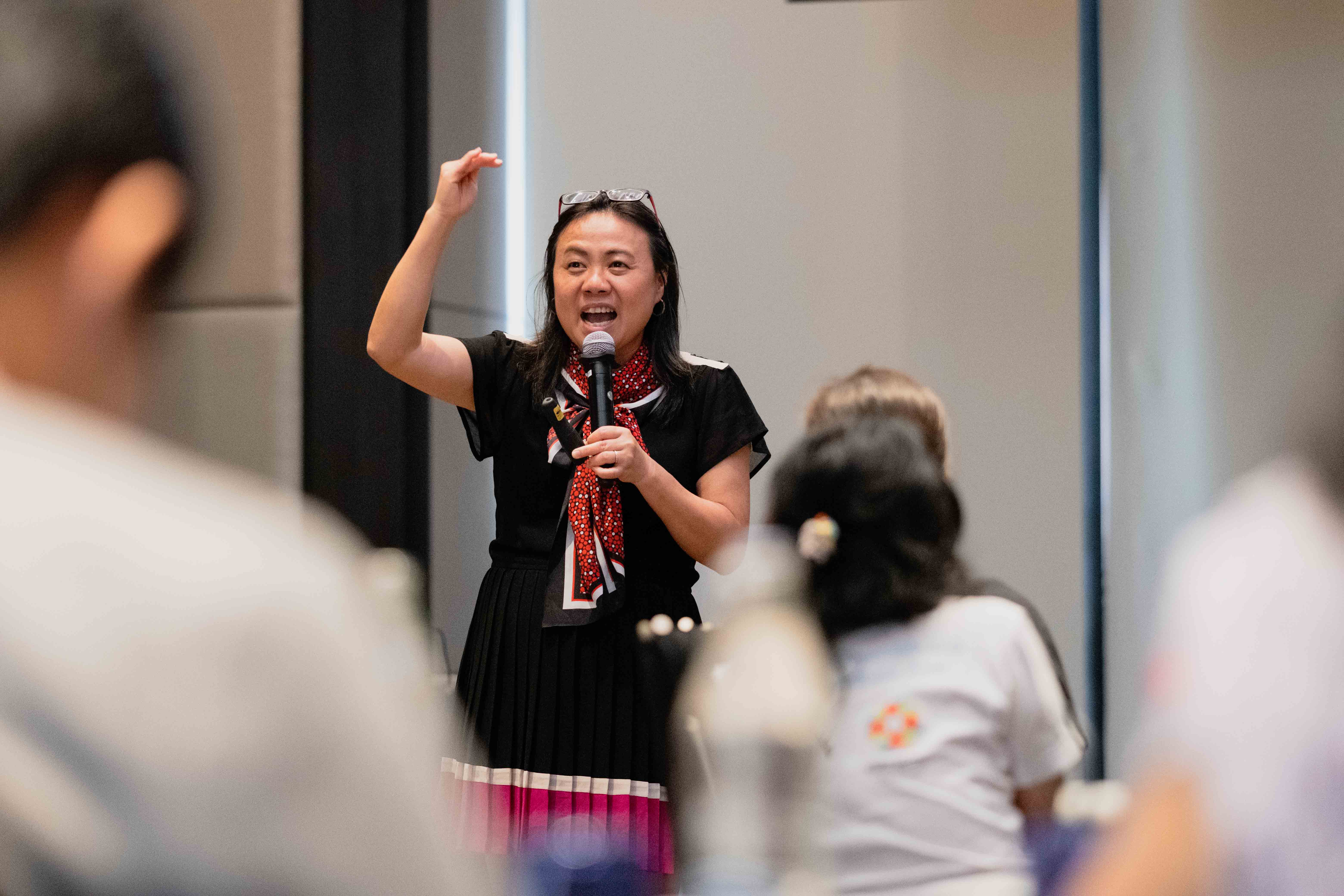
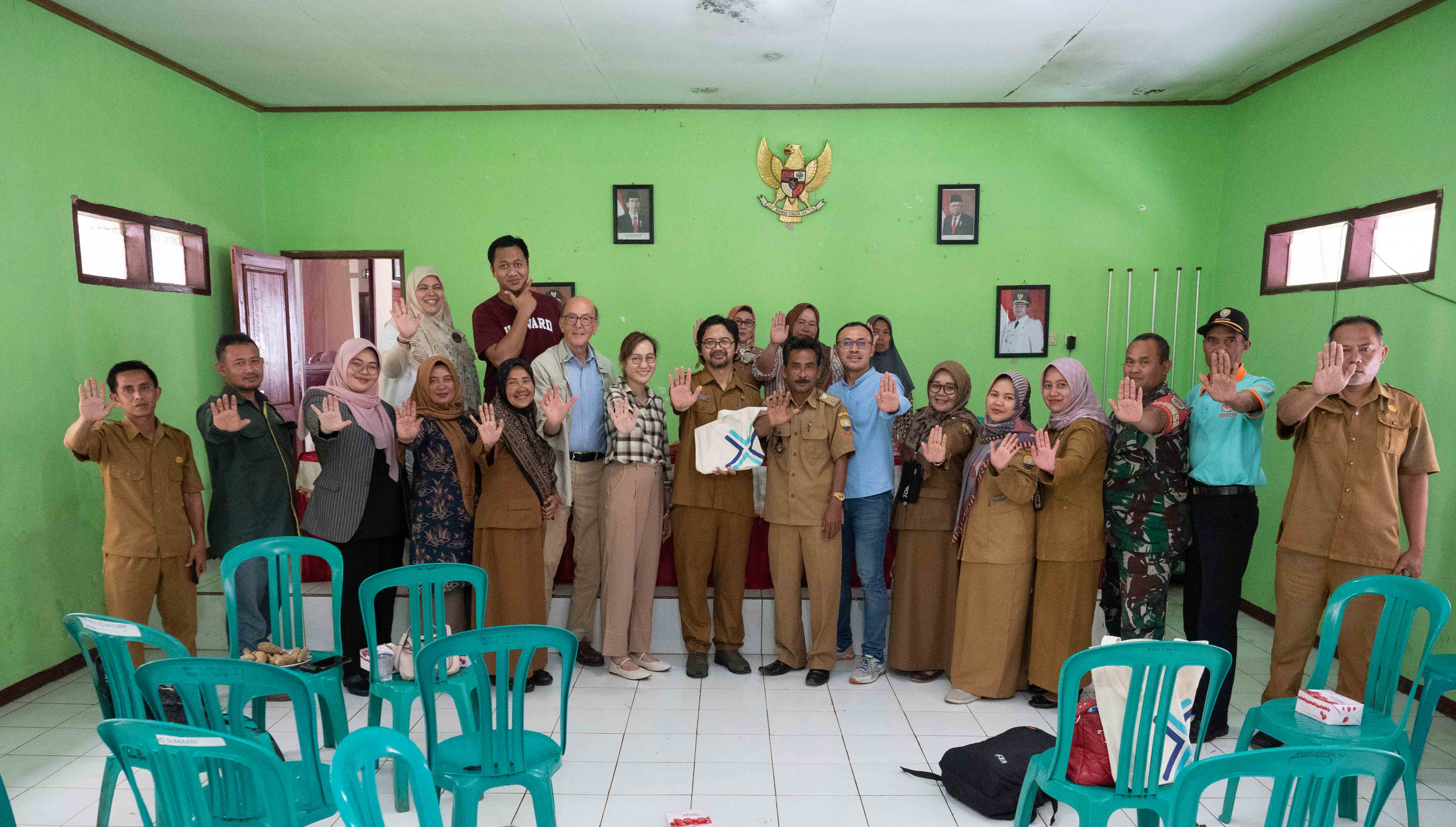
Throughout the fellowship year, Fellows receive support, guidance, integrated skills training and mentoring in project development and implementation.
The goal of the second-year project is for Fellows to put into practice the core values of health equity and to exercise newly acquired leadership skills. Designing and implementing health equity group projects also give Fellows the opportunity to combine peer and experiential learning, and to make an impact by building a health equity community in the region.
The Annual Forum is both the culminating event of the fellowship year and a signature event of the Equity Initiative in building a sustained equity community.
The Forum marks the start of the Fellows’ second-year projects to advance health equity in the region, and it formally introduces and inducts the graduating Fellows into the lifelong community of the Atlantic Fellows Programs. The Forum also plays an important role in promoting inter-cohort relationships among Senior Fellows, incoming Fellows, and helps to build a strong regional equity community.
The Equity Initiative organizes short courses and refresher sessions every year, along with access to personalized coaching and mentoring services to help Fellows work on identified gaps in their leadership competencies.
These workshops also and create the an opportunity for help Fellows develop and practice the skills to serve asto become trainers, themselves or collaborators, or coaches who can share their expertiseto train others within their teams, organisations, and communities.
Indonesia Community Building Fund (grant): Championing Village Based Stunting Alleviation Program in Indonesia
Equity Community Beyond Fellows
Community Activities Related to the EI Fellowship Program
As we shift towards building a sustainable equity community, it is important to ensure that our planned activities are integrated into the design and delivery of EI fellowship activities. We will continue to engage key players into the fellowship events and embed community building activities within the fellowship processes and activities such as in the nomination and selection process, the design of fellowship events, and in the Fellows’ second-year projects development.
National Committees (NCs)
National committees (NCs) are instrumental in helping us identify promising candidates for the EI fellowship experience. We now have 5 active NCs in the Philippines, Indonesia, Thailand, Viet Nam, and Myanmar. Each is composed of nationally recognized experts and leaders from a variety of fields, who share a strong orientation passion for toward social justice and health. With a deep knowledge of their respective countries’ socio-political economic environment, and a positive influence on society. NC members are in an ideal position to build a robust network of community of practice in their countries.
Partnerships for Health Equity
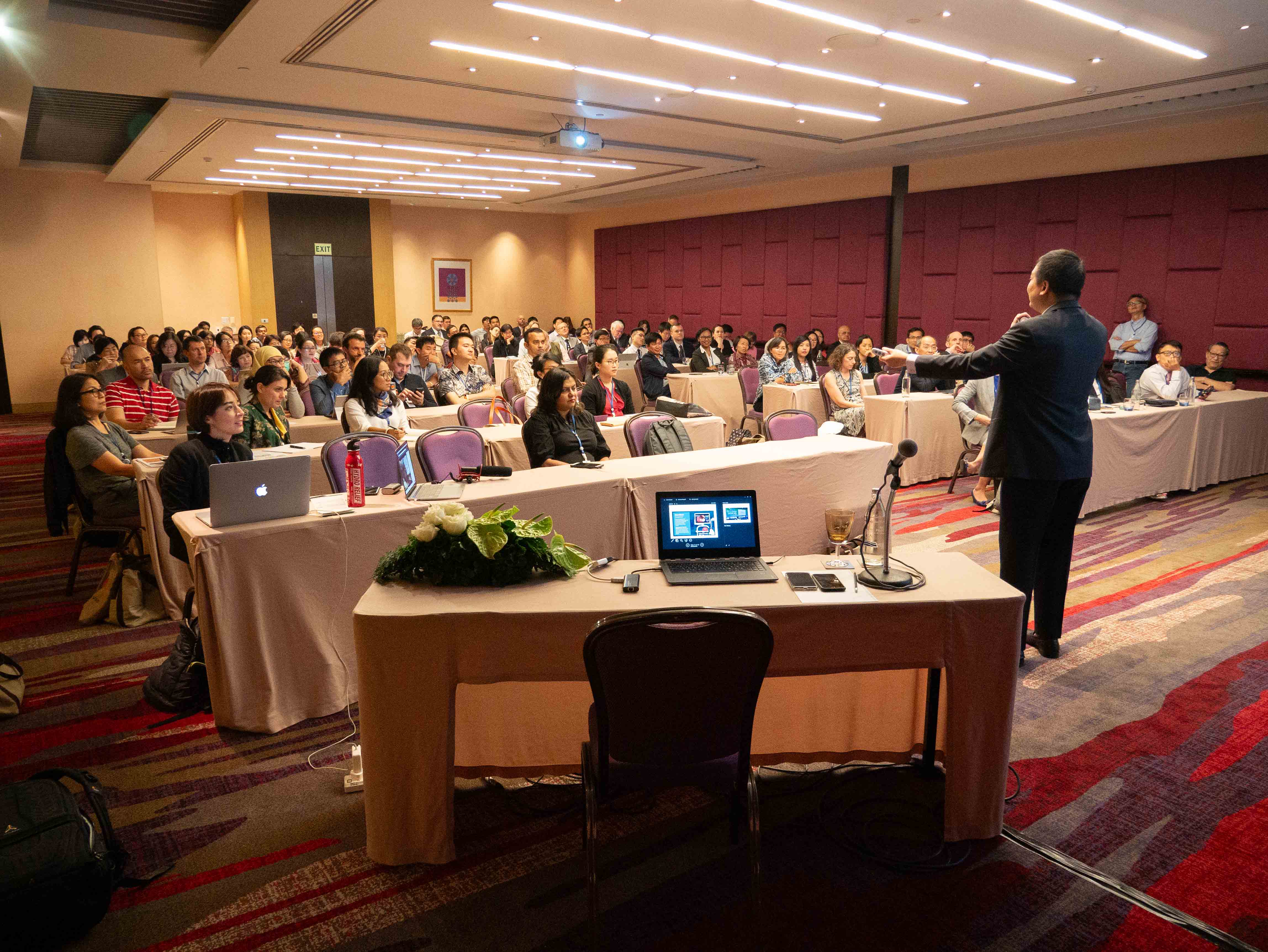
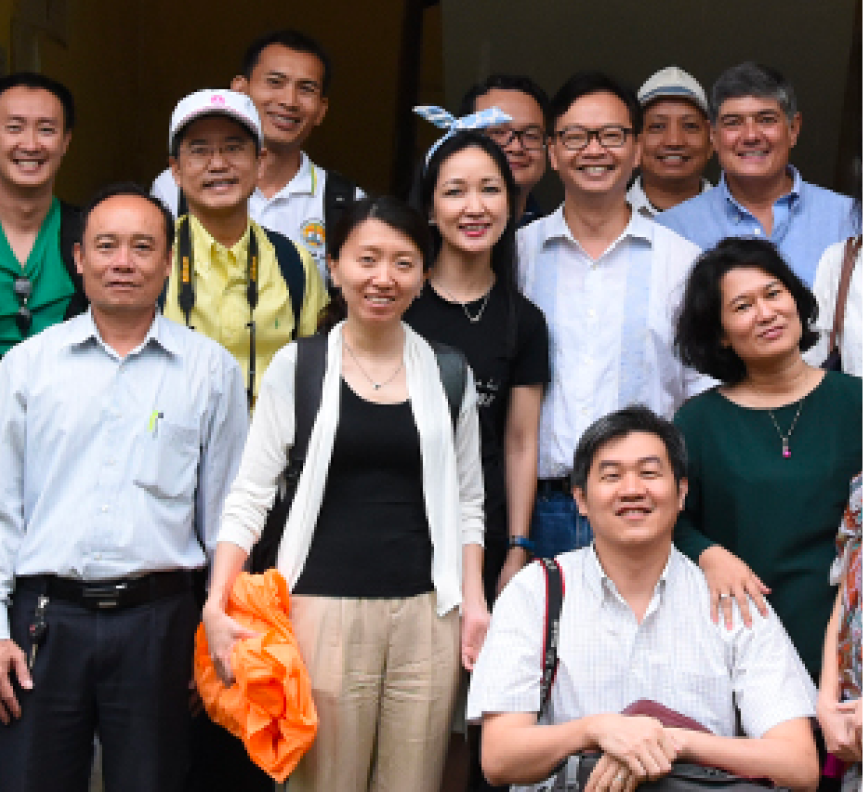
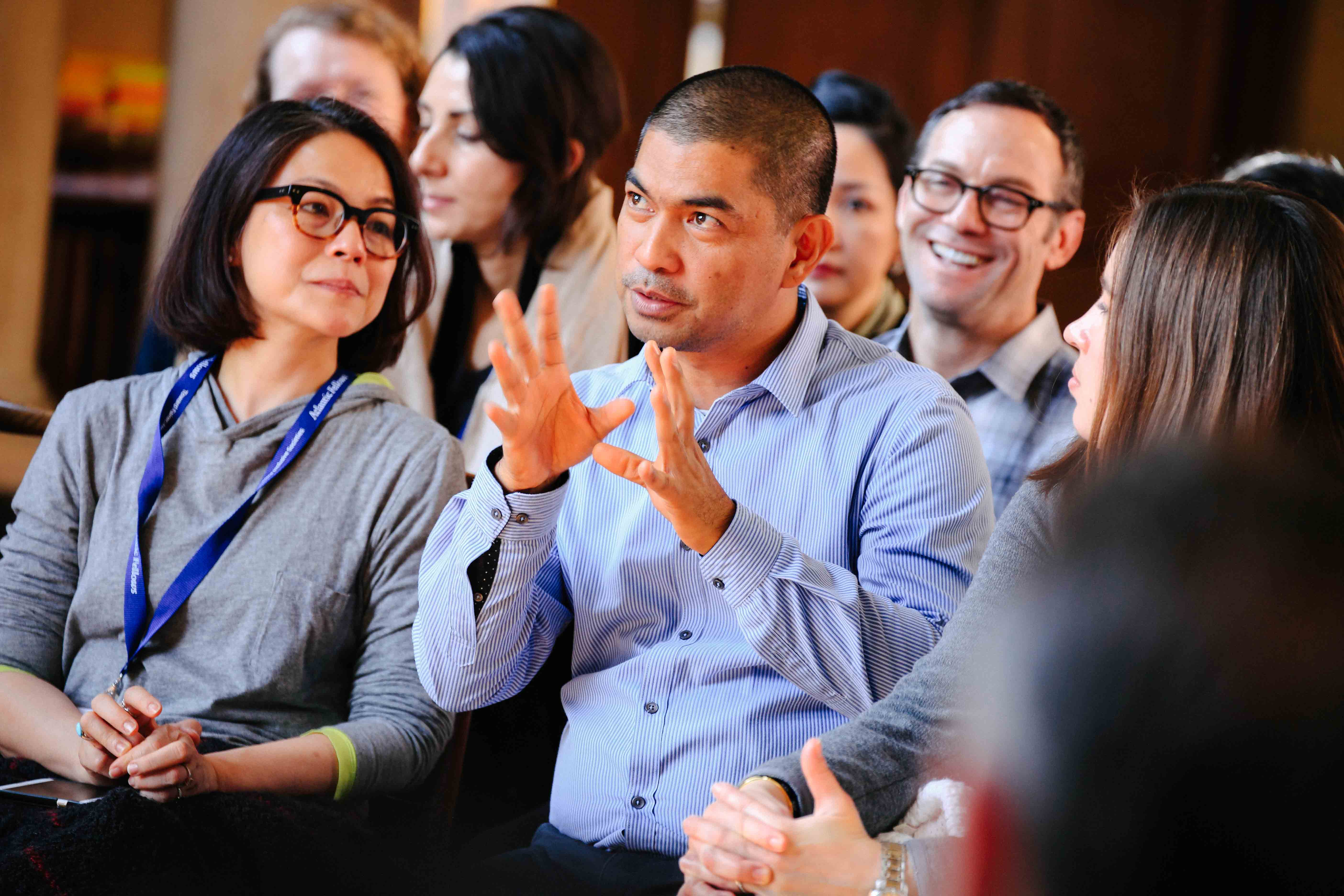
The Annual Forum is held in Thailand each year to coincide with the annual Prince Mahidol Award Conference (PMAC).
PMAC is a large-scale high-level global health conference that covers a wide range of pressing issues and brings together public health leaders and key stakeholders from around the world. PMAC creates a great opportunity to link Fellows to the wider regional and global networks. Our Senior Fellows add their expertise and insights to regional and international health policy discussions, which help to promote health equity.
The Equity Initiative provides in-country network building support so that EI Senior Fellows and partners are able to connect at the country level to build relationships and align around key health equity issue areas and opportunities.
The Equity Initiative community is beginning to explore different strategies for addressing key regional thematic issue areas where staff, Fellows and regional partners have a deep passion, expertise and ability to organize around collective action for systemic change. Emerging topics include a focus on climate justice, refugee and migrant health, health systems strengthening for health equity, and data, technology and health financing for equity in health, to name a few.
Atlantic Fellows Community
The Equity Initiative, also known as the Atlantic Fellows for Health Equity in Southeast Asia (AFHESEA), is one of 7 interconnected Atlantic Fellows programs.
While each of the seven 7 Atlantic Fellows programs is are distinct and grounded in its local context, they share a common purpose of advancing fairer, healthier, more inclusive societies. All programs start with a core fellowship experience, bringing together a cohort of 20 to 30 emerging leaders. Fellows come from all walks of life with diverse perspectives. They are united by a passion, determination, and vision to realize a more just world.
The Atlantic Institute, based in Oxford and operated by the Rhodes Trust, serves as a convening and knowledge-sharing hub for the global network of Atlantic Fellows.
Learn more